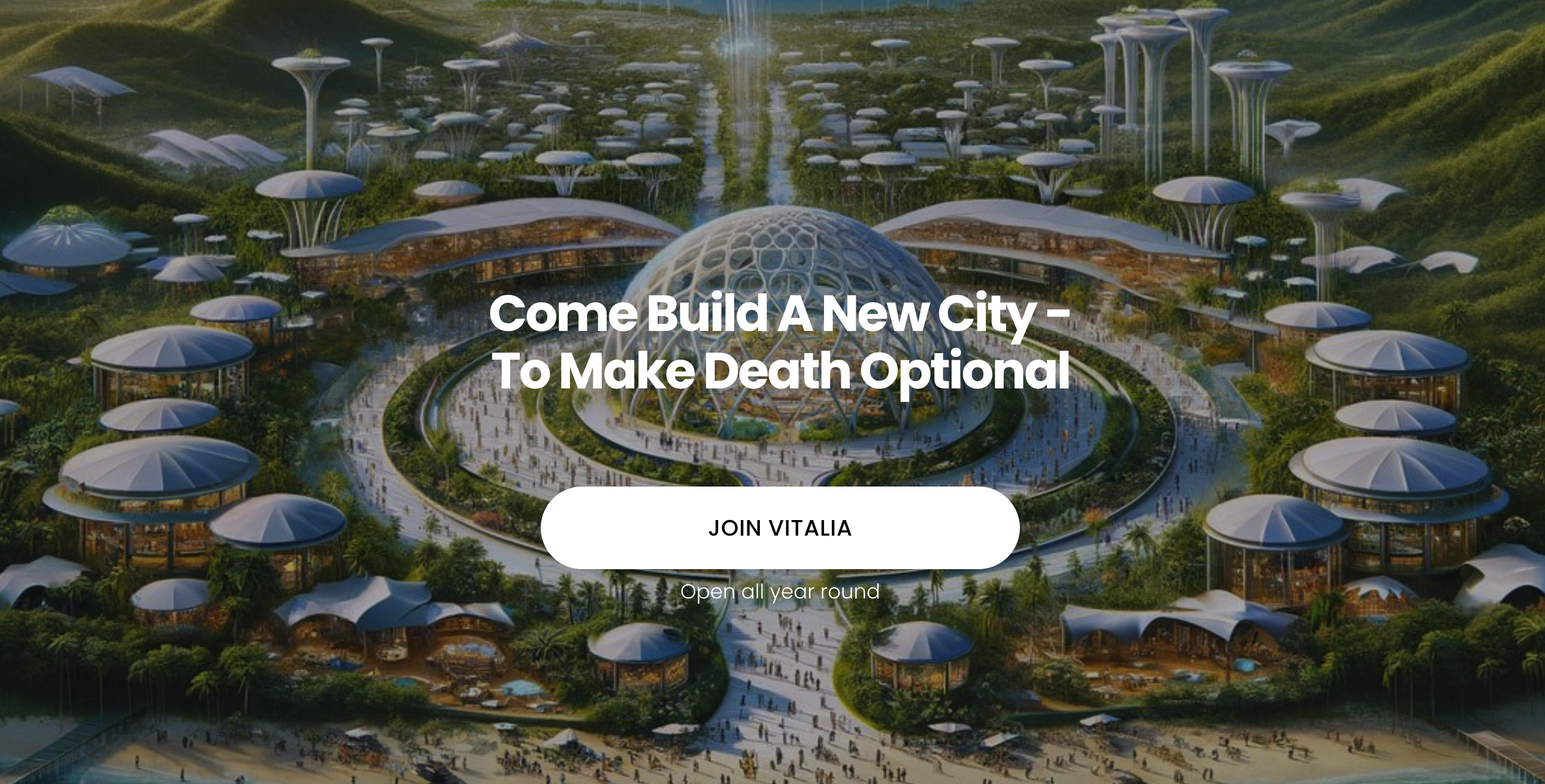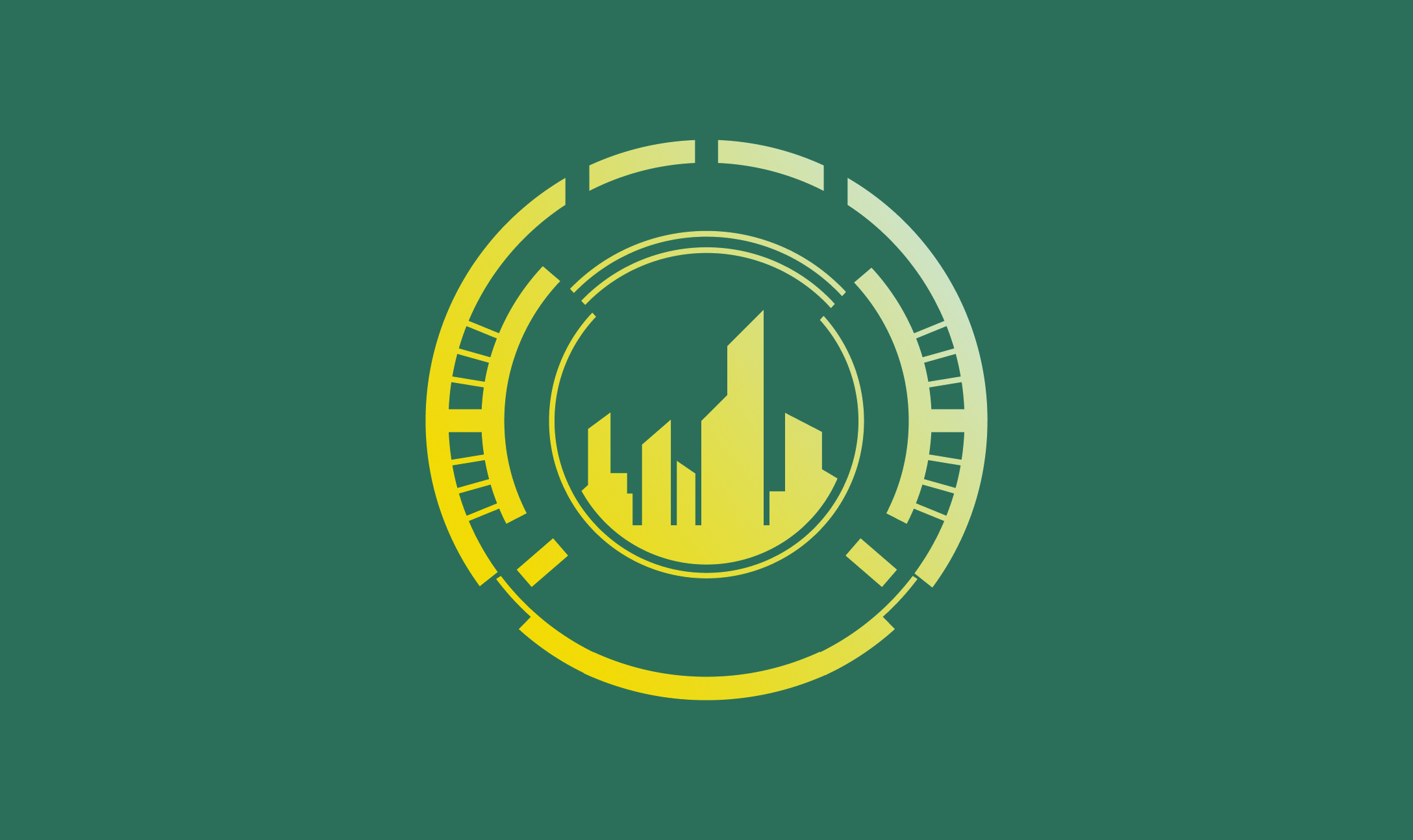The Legacy of Zuzalu: One Year Later

One year ago this week, our very own David Hoffman shared details about his experience living with some of crypto’s brightest minds in the ephemeral city called Zuzalu.
This popup city housed over 200 people from diverse regions and fields for two months. David conducted a number of interviews with fellow attendees during this time on topics spanning zero-knowledge proofs, longevity and biotech, network states, and public goods. You can check out those conversations below.

Inspired and initiated by Vitalik Buterin, Zuzalu blended structure and spontaneity to construct a successful experiment, but almost immediately after the ephemeral city dispersed, attendees wondered how they could keep the fire of Zuzalu alive and continue to offer places for the ethos of Ethereum to connect with disparate emerging technologies.
Let’s take a look at what they’ve been up to since 👇

🏡 The Rise of Zu-Villages
The success of Zuzalu sparked interest in continuing the concept of crypto pop-up cities called Zu-villages.
Earlier this year, a Gitcoin grants program offered 250 ETH in funding for creating Zu-villages and Zu-related technology. The round ran from Jan. 15 to Feb. 15, providing funding for 32 events like Edge City Esmerelda and ZuBerlin, which are currently running or have just finished, and 28 tools like Zupass and MuseMatrix, a DeSci research institute.
Many of these tie into Zuzalu City, a community hub for Zu-villages and related software, including a calendar of pop-up cities like the few we've highlighted below:
Edge Esmeralda
The ongoing Edge Esmeralda is a month-long popup village focused on incubating novel technologies and new ways of living, aiming to build a foundation for a permanent new town, Esmeralda, around Healdsburg, CA. With $217K in funding from the Zuzalu grants round, Esmeralda put together a series of events centered around human organization, robotics, artificial intelligence, real-world crypto applications, and health and longevity.
ZuBerlin
The recently concluded ZuBerlin brought 80-120 people together for a two-week immersive residency in Berlin filled with hackathons and workshops on cryptography, decentralized AI, and biotech. Sponsored by Vana, a user-owned data network, and ETH L2 Mantle, ZuBerlin’s hackathon brought to life projects focused on preconfs, a mechanism for speeding up Ethereum transactions, and creating approachable onboarding for the world computer.
ZuVillage Georgia
ZuVillage Georgia will be a popup village for truth seekers, builders, and sovereign individuals in the Georgian mountains. Inspired by cypherpunk and d/acc philosophies, participants will co-live with like-minded individuals, build transparent and privacy-preserving digital public goods, compete in hackathons, and discuss Zuzalu’s future. Discussions and activities will focus on Zu-aligned topics like privacy, governance, DeSci, AI and cyber defense, biotech, and longevity.
Vitalia
Vitalia is a decentralized city for longevity biotech development in Roatan, Honduras, now a permanent district in the Próspera jurisdiction, a special pro-tech, pro-entrepreneur economic zone. Inspired by cypherpunk philosophies, Vitalik Buterin's Zuzalu City, and Balaji Srinivasan's The Network State, Vitalia aims to advance the longevity movement, bringing people together to develop biotech startups, engage in hackathons, and broadly seek to make death optional. It currently houses over 500 longevity enthusiasts and founders and has a summer program for biotech startups starting soon.
The rise of Zu-villages illustrates the enduring impact of Zuzalu, with these pop-up cities continuing to foster collaboration, technological advancement, and a decentralized way of living across the globe.
♾️ Zuzlu's Continuing Legacy
Zuzalu’s legacy of connecting crypto's values to other diverse fields is still flourishing one year later.
These pop-up villages demonstrate a model where individuals can co-live, co-work, and co-create, blurring the lines between professional collaboration and communal living to create atmospheres aligned with personal sovereignty and collective problem-solving. The transient nature of these communities allows for flexibility and adaptability, where new ideas can be tested and refined in real time.

It highlights a future where governance is more fluid, technology enhances participants' health, and community building is a continuous, evolving process.
As is always the case, the rise of Zu-villages is not happening in a vacuum, aligning with the broader rise of lifestyles where remote work and transient living go hand in hand, continues to increase in post-pandemic life, with the number of American digital nomads increasing from 7.3M in 2019 to 16.9M in 2022.
Economic factors also play a role, as rising rent-to-income ratios drive individuals to seek cost-effective alternatives to traditional housing. Despite challenges such as the logistics of transient living, digital nomads and communities like Zuzalu continue to adapt and thrive.
By providing spaces for like-minded individuals to come together, Zuzalu and its successors create fertile ground for social experimentation and technological innovation. They embody the spirit of decentralized, autonomous living, further reflecting the broader societal trends towards alternative lifestyles in the digital age. Overall, the legacy of Zuzalu lies in its ability to inspire and enact a vision of a forward-thinking world, where dynamic, transient communities can thrive and innovate, and tech and health exist in harmony.
